| Modern Date : December 1st | Market Day | |
|
|
The Kalends of December
The Festival of Neptune
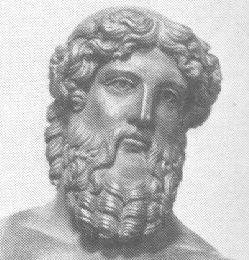
|
|
| Modern Date : December 2nd | Market Day | |
|
ante diem IV Nonas December -
Fourth Day to the Nones of December

| |
| |
| Modern Date : December 3rd | Market Day | |
|
ante diem III Nonas December -
Festival of Bona Dea
|

|
|
| Modern Date : December 4th | Market Day | |
|
pridie Nonas December -
Day before the Nones of December
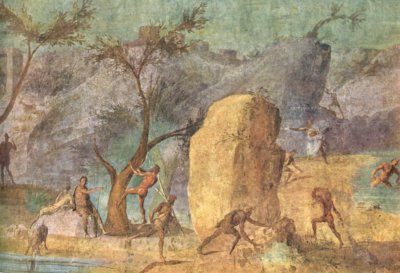
|
|
| Modern Date : December 5th | Market Day | |
|
|
Nonas December -
The Nones of December

|
|
| Modern Date : December 6th | Market Day | |
|
ante diem VIII Idus December -
The Faunalia

| |
|
|
|
| Modern Date : December 7th | Market Day | |
|
ante diem VII Idus December -
The Faunalia

|
|
| Modern Date : December 8th | Market Day | |
|
ante diem VI Idus December -
The Tiberinalia
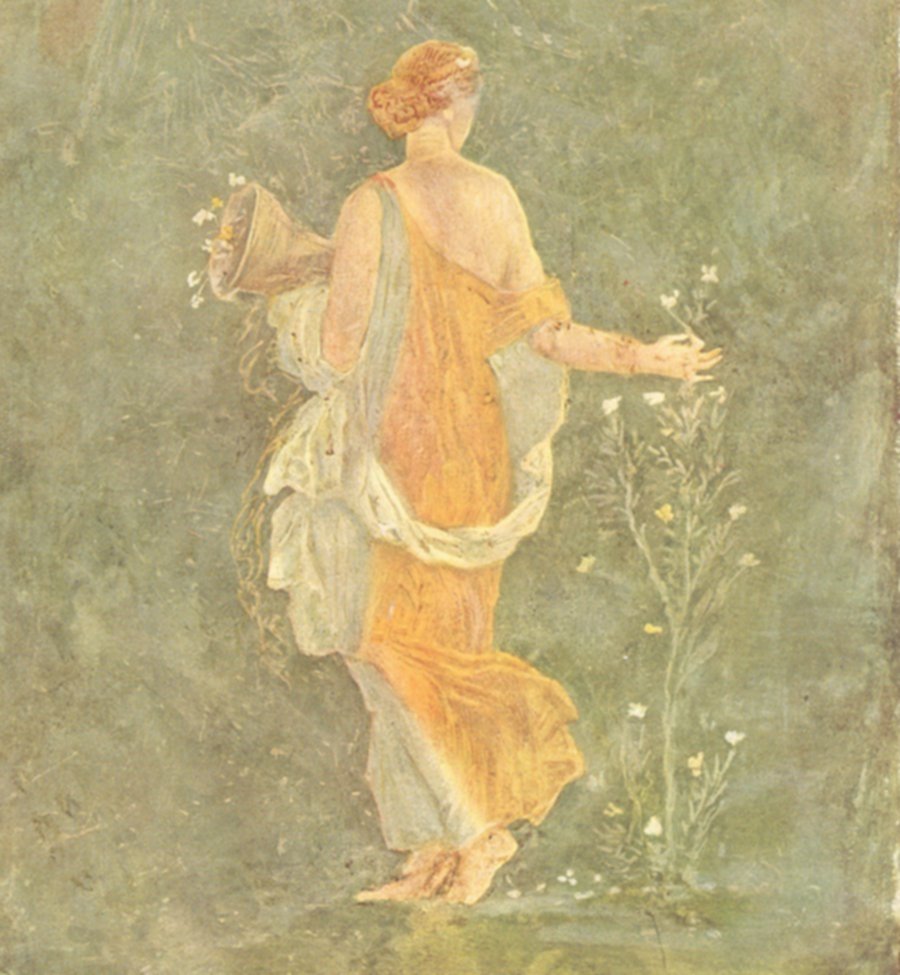
|
|
| Modern Date : December 9th | Market Day | |
|
ante diem V Idus December -
Fifth Day to the Ides of December

|
|
|
| Modern Date : December 10th | Market Day | |
|
ante diem IV Idus December -
The Septimontium

|
|
|
| Modern Date : December 11th | Market Day | |
| |
The Agonium
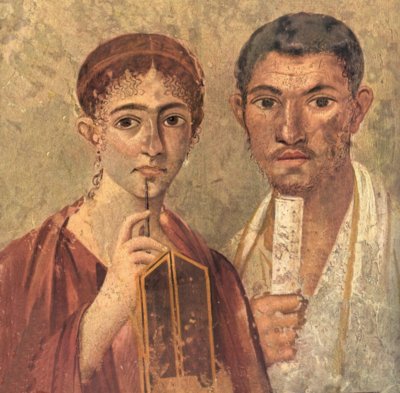
| |
|
|
|
| Modern Date : December 12th | Market Day | |
|
pridie Idus December
The Septimonium
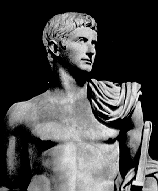 |
|
|
| Modern Date : December 13th | Market Day | |
|
Idus December
The Ides of December
|
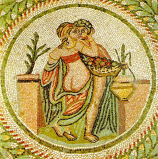
|
|
| Modern Date : December 14th | Market Day | |
|
ante diem XIX Kalendas January -
Ninteenth Day to the Kalends of January
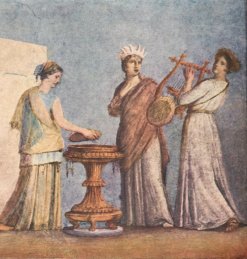 |
|
| Modern Date : December 15th | Market Day | |
|
|
The Consualia
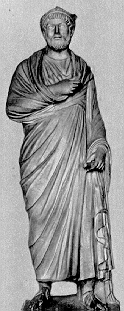
|
|
| Modern Date : December 16th | Market Day | |
|
ante diem XVII Kalendas January -
Seventeenth Day to the Kalends of January
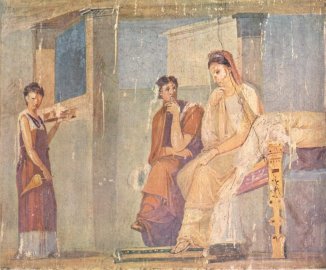 |
|
| Modern Date : December 17th | Market Day | |
|
|
The Saturnalia

|
|
| Modern Date : December 18th | Market Day | |
|
Second Day of the Saturnalia
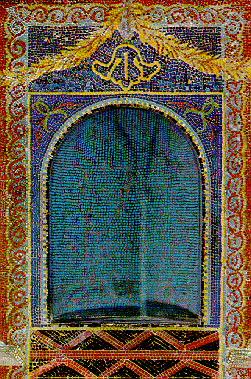 During the Saturnalia, rules were set aside, schools were closed, and slaves could meet their masters on equal terms. Human kindness was the theme and war and the punishment of criminals was halted. The exchange of gifts was universally practiced. Strenae, which were boughs to which were attached cakes or sweetmeats, were exchanged by visitors and guests. Other common gifts included wax candles (cerei) and sigillaria, which were doll-like clay figures, a particular favorite of children. |
| Modern Date : December 19th | Market Day | |
|
The Opalia

|
|
| Modern Date : December 20th | Market Day | |
|
The Fourth Day of the Saturnalia

|
| Modern Date : December 21st | Market Day | |
|
 |
The Divalia
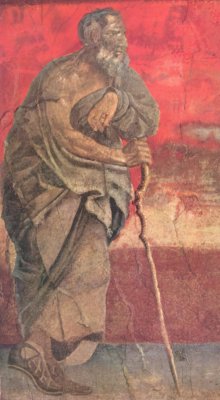
|
| Modern Date : December 22nd | Market Day | |
|
The Sixth Day of the Saturnalia
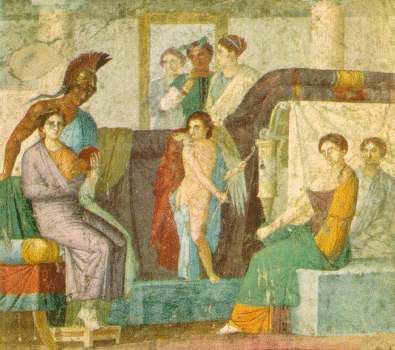
|
|
|
|
| Modern Date : December 23rd | Market Day | |
|
 |
The Larentalia

|
|
| Modern Date : December 24th | Market Day | |
|
ante diem XI Kalendas January -
Ninth Day to the Kalends of January
 |
|
|
| Modern Date : December 25th | Market Day | |
|
ante diem VIII Kalendas January -
Dies Natalis Solis Invictus
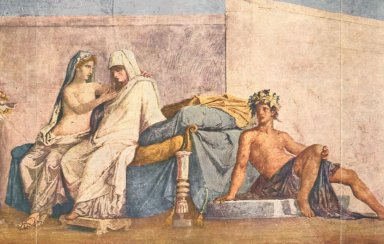
|
|
| Market Day | |
|
ante diem VII Kalendas January -
Seventh Day to the Kalends of January
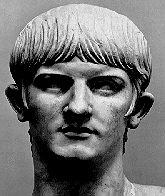 |
|
|
| Modern Date : December 27th | Market Day | |
|
ante diem VI Kalendas January -
Sixth Day to the Kalends of January

|
|
| Modern Date : December 28th | Market Day | |
|
ante diem V Kalendas January -
Fifth Day to the Kalends of January
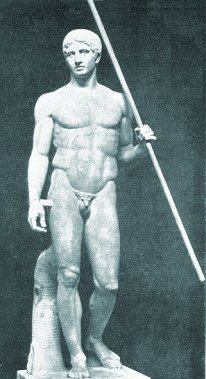
|
|
| Modern Date : December 29th | Market Day | |
|
ante diem IV Kalendas January -
Fourth Day to the Kalends of January
|
|
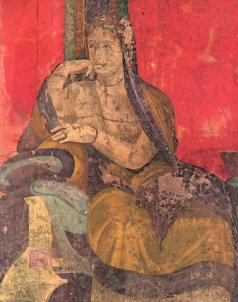 |
|
| Modern Date : December 30th | Market Day | |
|
ante diem III Kalendas January -
Third Day to the Kalends of January
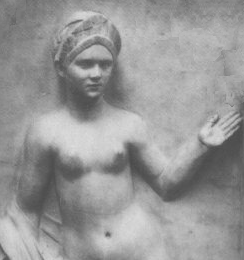
|
| Modern Date : December 31st | Market Day | |
|
pridie Kalendas January -
Day Before the Kalends of January

|
|